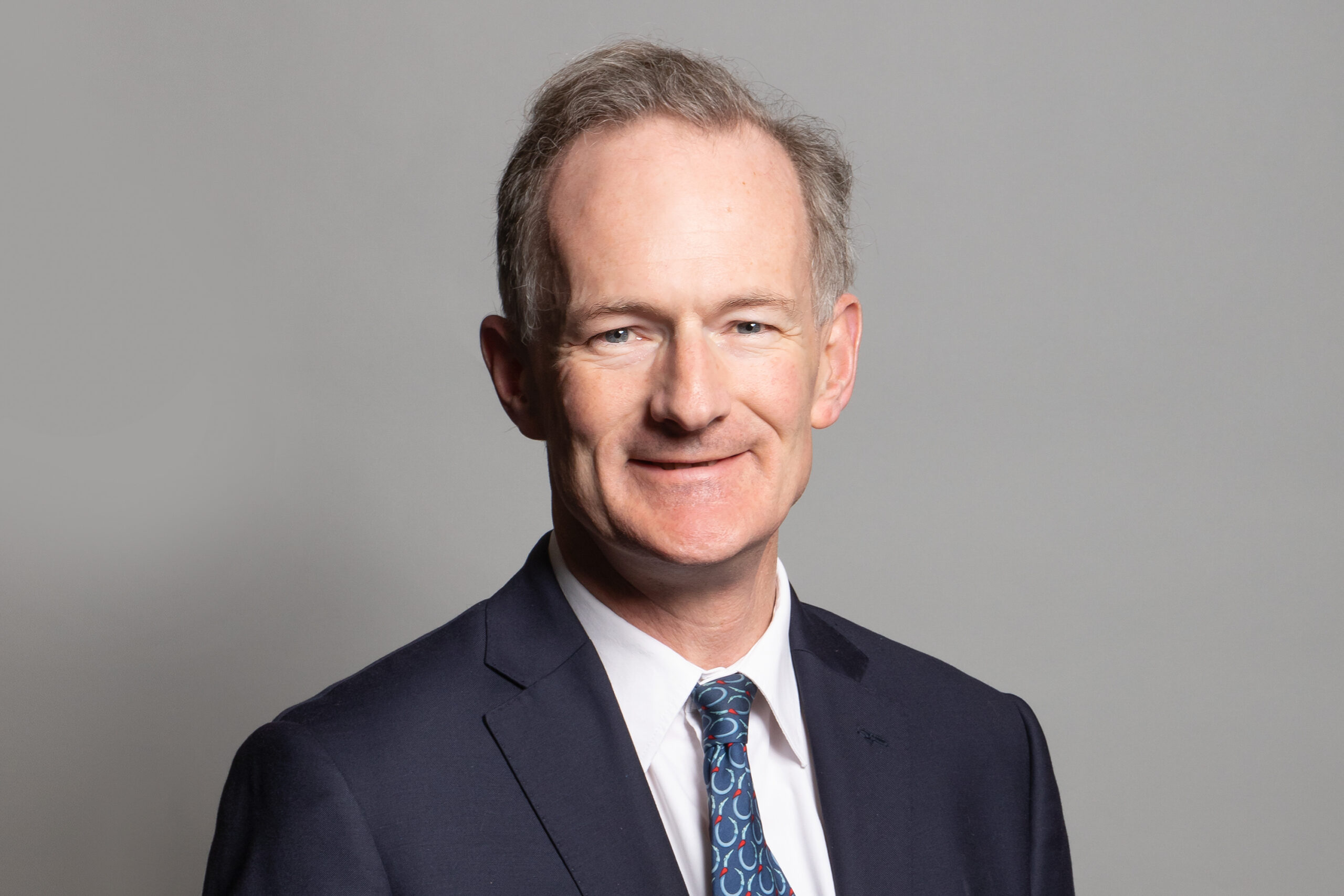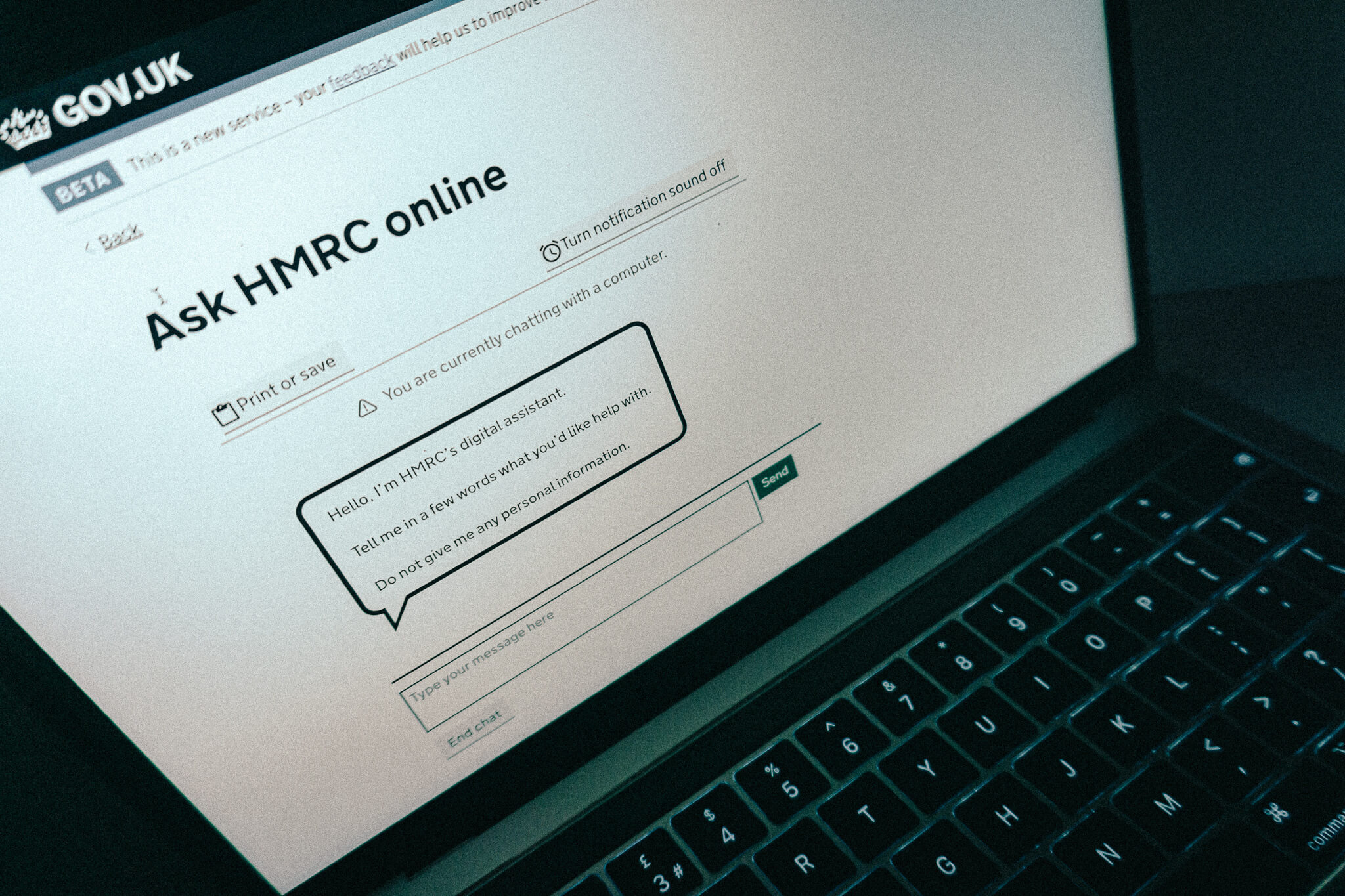John Penrose, MP for Weston-super-Mare and former UK Anti-Corruption Champion, is planning to table an amendment to the Media Bill over concerns that society is heading for a ‘post-truth world’
Picture credit: Parliamentary copyright/CC BY 3.0
Conservative MP John Penrose has said that legislation to tackle online bias and misinformation is needed to prevent the emergence of a “post-truth world”, as he plans an amendment to the Media Bill.
Penrose, the MP for Weston-super-Mare, was the UK Anti-Corruption Champion in the Home Office between 2017 and 2022, and has consistently called on the government to do more to tackle the threats of misinformation and disinformation.
Earlier this year, Penrose (pictured above) spoke in parliament to say there were large gaps remaining in the Online Safety Bill, which has now passed into law. The government passed their own version of one of Penrose’s amendments which dealt with the provenance and understanding of where information posted on the internet comes from.
However, Penrose said an area on which the Bill remained “particularly weak” was putting a duty on internet platforms to prevent misinformation, disinformation, and bias. Many campaigners agreed that this was one of many gaps left in the legislation.
Penrose now wants to have this area considered in the government’s new Media Bill, and is currently “engaged in a delicate dance” to figure out how he can bring forward an amendment which will be in scope of the legislation.
He said his intention was “to try and deal with stuff which is factually accurate, but biased”.
Related content
- EXCL: Government withholds information on anti-disinformation unit
- Is government’s anti-disinformation unit protecting or persecuting citizens?
- EXCL: Government buys £700k software to monitor death threats against ‘high-profile individuals’ involved in vaccine rollout
“For more than half a century, we’ve had rules to ensure balance, and the broadcast codes around undue prominence and balance are designed specifically to deal with this,” he told PublicTechnology sister publication PoliticsHome. “In the modern world, the online world leads you down all sorts of radicalisation rabbit holes on everything from Islamic Jihad through to vaccine denial.”
“All the stuff about provenance and where the information comes from in the world won’t solve that problem. What we have always accepted when it comes to broadcasters is that this matters, because otherwise you end up with radicalisation and you lose that sort of democratic consensus forging the centre ground.
“We don’t want to live in a post-truth world.”
He hopes to table an amendment which will specify that the duty for balance should apply in the online world.
“I don’t think policymakers should be fazed by the notion that really rich and incredibly well resourced, incredibly profitable, international online platforms will have to work out how to do this,” he said. “I don’t think we should say ‘it’s all too difficult, we shouldn’t even ask them’… this is far too important for that.”

Read the full version of this article on PublicTechnology sister publication PoliticsHome




